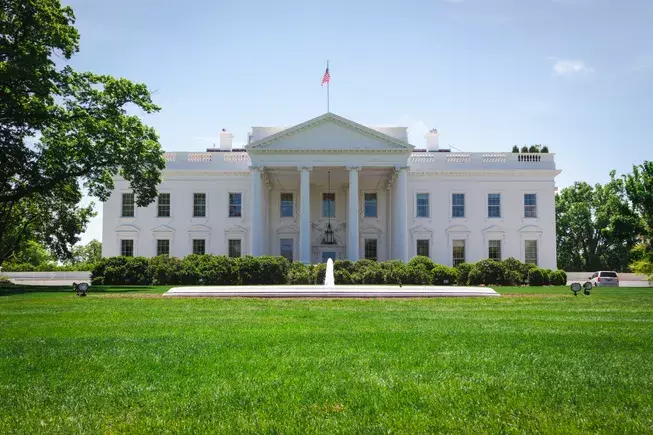The recent announcement by the U.S. government to ease tariffs on Chinese imports could emerge as a pivotal moment in the often fractious trade relations between the United States and China. In an era where trade wars have significant repercussions on global market stability, this tariff reduction signals a welcome de-escalation. As tensions between these economic titans have escalated, this act not only brings immediate relief to strained markets but also sets the stage for broader negotiations, including the contentious issue of TikTok.
In a time when everything from groceries to technology is affected by trade policies, the implications of these tariff adjustments go far beyond mere economics. The reduction implies that the U.S. administration may finally be prioritizing diplomatic channels over punitive measures, a shift that has the potential to foster collaboration and mutual benefit. If such changes continue, this could recalibrate international perceptions of U.S. foreign policy, ushering in a more stable economic environment.
The TikTok Conundrum: Regulatory Pressures and Opportunities
At the heart of America’s current unease with TikTok lies not just its ownership by Chinese company ByteDance, but a complex web of security concerns and regulatory challenges. The saga of TikTok in the U.S. has been nothing short of a dramatic rollercoaster, with each twist revealing critical facets of national and international policy. The urgent demand for TikTok to be sold to a U.S.-owned entity has sparked a slew of deadlines and negotiations, leaving the social media platform in an unprecedented limbo.
The TikTok saga took a dramatic turn on January 19th, when the Senate passed legislation mandating the sell-off. Compounded by former President Trump’s executive order, which granted extensions for compliance, TikTok has been stranded in a precarious position. However, with the new tariff reductions in play, negotiations could regain momentum, thereby offering a pathway for an agreement that might previously have seemed far-fetched.
It’s worth noting that while a deal that aligns with the “Protecting Americans from Foreign Adversary Controlled Applications Act” may be plausible, it still holds the potential for significant complications. Foreign ownership limitations and algorithmic control stipulations are not mere technicalities; they represent a fundamental shift in how ByteDance could control its own asset. This raises profound questions about fairness, equity, and the long-term implications of such regulatory constraints.
Impacts on TikTok Creators and Economic Stability
The uncertainty surrounding TikTok has borne a heavy toll, particularly for its vast community of creators who rely on the platform as a primary income source. As discussions about potential sales dragged on, fears grew that TikTok could become another victim of regulatory overreach, losing its essence and forcing creators to adapt to uncertain circumstances. The recent tariff reductions, however, could inspire a renewed sense of hope among creators and stakeholders alike.
A successful bid to reach a compromise will not only provide much-needed certainty to TikTok’s community but could also serve as a bellwether for regulatory environments in future tech dealings. If the U.S. can learn to strike a balance between safeguarding national interests and fostering innovation, we may witness a flourishing of creativity that relies on platforms like TikTok.
Additionally, the positive sentiment from recent easing of tariff restrictions could have broader implications—reinforcing the notion that collaboration can yield positive economic repercussions, including job creation and technological advancement.
As the hurdles of achieving a TikTok deal diminish with the tariff reduction, all eyes will turn to see if these negotiations can bear fruit. In a climate characterized by volatility, it’s more than just an app at stake; it’s a significant economic relationship that epitomizes the complexities of globalization. Thus, amidst the backdrop of ongoing trade relations, TikTok’s fate could symbolize a turning point from adversarial stances toward collaborative solutions. It’s a delicate dance, but one that many stakeholders are keenly watching as the stakes continue to rise.

